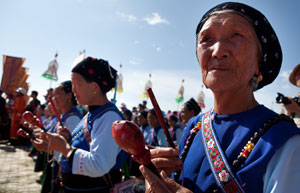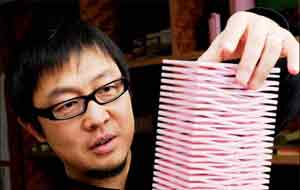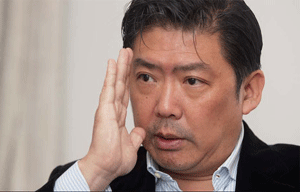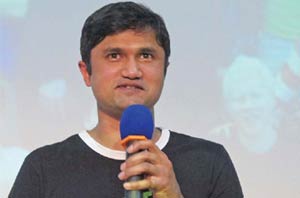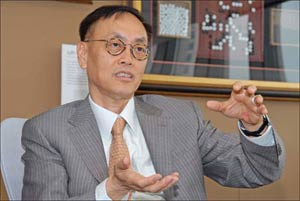US to talk with Pyongyang over nuke program
Updated: 2011-10-20 06:57
(Xinhua)
|
|||||||||
WASHINGTON - The United States will hold talks with the Democratic People's Republic of Korea (DPRK) in Geneva next week over its nuclear program, the US State Department said on Wednesday.
"This is a continuation of the exploratory meetings to determine if North Korea (DPRK) is prepared to fulfill its commitments under the 2005 joint statement of the Six-Party Talks and its international obligations, as well as take concrete steps toward denuclearization," department spokesman Mark Toner said, noting the talks are scheduled for October 24-25.
"We're seeking to see if there's enough movement on the part of the DPRK to lead to, you know, further and broader talks," he added.
US envoy for DPRK policy Stephen Bosworth and DPRK Vice Foreign Minister Kim Kye Gwan met in late July in New York over a possible resumption of the long-stalled Six-Party Talks on Korean Peninsula denuclearization.
The DPRK has said that it is ready to resume without preconditions the Six-Party Talks, a mechanism involving the DPRK, Republic of Korea (ROK), the US, China, Japan and Russia.
The talks were launched in 2003, but got bogged down in December 2008 after holding six rounds. The DPRK quit the talks in 2009.
Toner said after the New York talks, the US side felt that there was "a good atmosphere there" and saw "enough to have another round of talks."
He insisted on the exploratory nature of such talks, saying the US has been "consulting closely" throughout with the ROK, whose president Lee Myung-Bak visited the US last week, and other partners.
"As always, we're going to remain in very close coordination with the Republic of Korea, as well as other partners as we move forward," the spokesman added.
He also announced that Bosworth will step down as the envoy after leading the US delegation to the upcoming talks in Geneva, while the DPRK delegation will be led again by Kim Kye Gwan.
Bosworth, who assumed his current post in February 2009, will be replaced by Glyn Davies, a career diplomat who served as principal deputy assistant secretary of state for East Asia and Pacific affairs and is serving as US ambassador to the International Atomic Energy Agency (IAEA), Toner said.
Davies will attend the Geneva talks as well, Toner added.
In the 2005 joint statement, seen as the most important result of the Six-Party Talks, the DPRK committed itself to abandoning all nuclear weapons and existing nuclear programs and returning, at an early date, to the Treaty on the Non-Proliferation of Nuclear Weapons and to IAEA safeguards.
In the statement, the US affirmed that it has no nuclear weapons on the Korean Peninsula and has no intention to attack or invade the DPRK with nuclear or conventional weapons, while the ROK reaffirmed its commitment not to receive or deploy nuclear weapons in accordance with the 1992 Joint Declaration of the Denuclearization of the Korean Peninsula.

